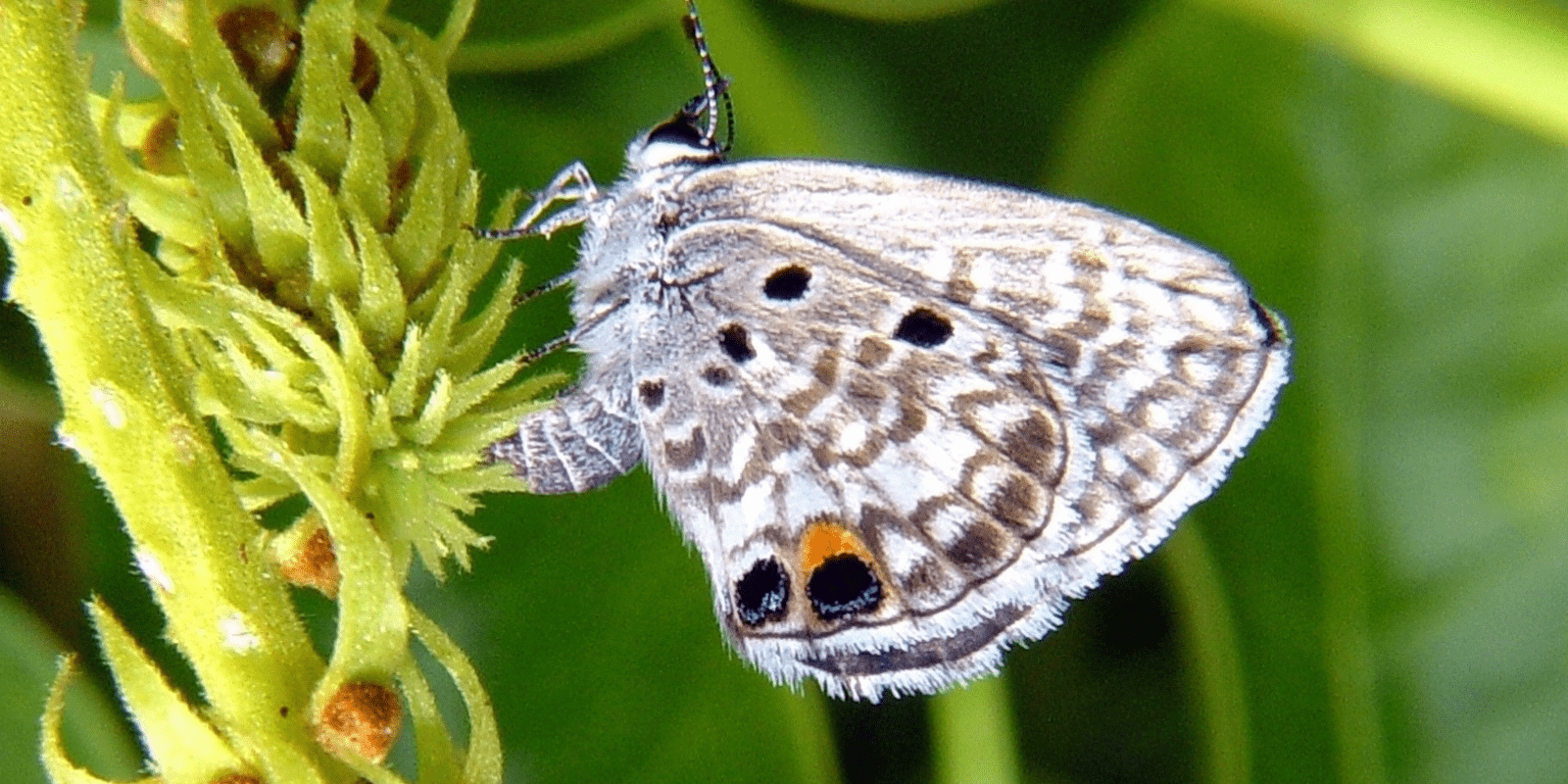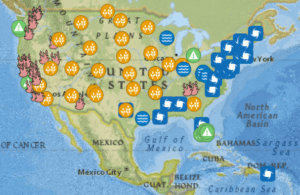We have much more to do and your continued support is needed now more than ever.
Climate Change, Natural Disasters, & Wildlife in the South & Caribbean: A Story Map

Climate change-fueled natural disasters are challenging the recovery of at-risk species and making some populations more vulnerable to decline. In the South and Caribbean regions, major storms like Hurricanes Harvey, Irma and Maria are just a few recent examples of natural disasters that have upended communities and wildlife. Hurricane Irma and Hurricane Maria hit the Florida’s Keys, home to the 1,000 remaining Key deer and 100 existing Miami blue butterfly, and threatened the survival of Puerto Rico’s native parrots. In Texas, the 2016 Tax Day flood, followed by record-breaking rainfall during Hurricane Harvey, decimated the wild population of Attwater’s prairie chickens, an endangered species.
To communicate these and other risks, National Wildlife Federation has released a new story map, Unnatural Disasters: Climate Change and the Mounting Threats to People and Wildlife, which shows examples of natural disasters that have been worsened by climate change, including hurricanes, harmful algal outbreaks, wildfires, floods, and droughts. Each event on the map includes an estimate of the economic cost, in addition to an illustration of a species that has been impacted by the natural disaster. This map is not a comprehensive record of all natural disasters, but rather a visual way to highlight recent examples of the damage climate-fueled events have on people and wildlife.
VIEW MAP
Policy Recommendations
Climate change is one of the biggest threats to human communities and the long-term survival of America’s wildlife, in part due to worsening natural disasters. Policymakers should adopt practical solutions that will mitigate the impacts of climate change by quickly reducing greenhouse gas emissions and ensuring we are able to adapt and build resilience to those impacts we cannot avoid.
For a more detailed look at National Wildlife Federation’s policy recommendations, please visit: https://www.nwf.org/climatepolicy
Take Action
Join thousands of wildlife champions in sending a message to the EPA that wildlife and communities across the country need real, climate action. The original Clean Power Plan, which would have reduced the amount of climate-disrupting carbon pollution, must be enacted in favor of the current administration’s toothless alternative, an essential “Pro-Coal Plan.”
TAKE ACTION





















